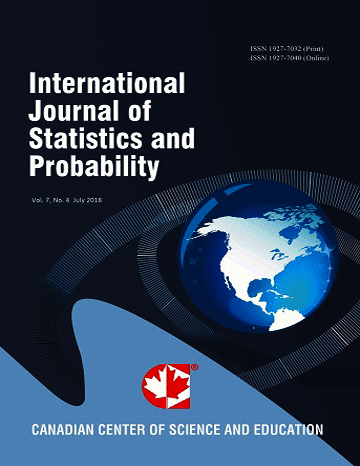On Sequential Learning for Parameter Estimation in Particle Algorithms for State-Space Models
- Chunlin Ji
Abstract
Particle methods, also known as Sequential Monte Carlo, have been ubiquitous for Bayesian inference for state-space models, particulary when dealing with nonlinear non-Gaussian scenarios. However, in many practical situations, the state-space model contains unknown model parameters that need to be estimated simultaneously with the state. In this paper, We discuss a sequential analysis for combined parameter and state estimation. An online learning method is proposed to approach the distribution of the model parameter by tuning a flexible proposal mixture distribution to minimize their Kullback-Leibler divergence. We derive the sequential learning method by using a truncated Dirichlet processes normal mixture and present a general algorithm under a framework of the auxiliary particle filtering. The proposed algorithm is verified in a blind deconvolution problem, which is a typical state-space model with unknown model parameters. Furthermore, in a more challenging application that we call meta-modulation, which is a more complex blind deconvolution problem with sophisticated system evolution equations, the proposed method performs satisfactorily and achieves an exciting result for high efficiency communication.
- Full Text:
 PDF
PDF
- DOI:10.5539/ijsp.v6n1p13
Index
- ACNP
- Aerospace Database
- BASE (Bielefeld Academic Search Engine)
- CNKI Scholar
- DTU Library
- Elektronische Zeitschriftenbibliothek (EZB)
- EuroPub Database
- Excellence in Research for Australia (ERA)
- Google Scholar
- Harvard Library
- Infotrieve
- JournalTOCs
- Mir@bel
- Open policy finder
- ResearchGate
- Technische Informationsbibliothek (TIB)
- UCR Library
- WorldCat
Contact
- Wendy SmithEditorial Assistant
- ijsp@ccsenet.org
